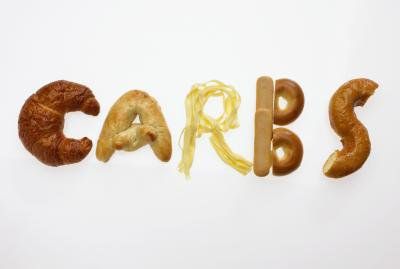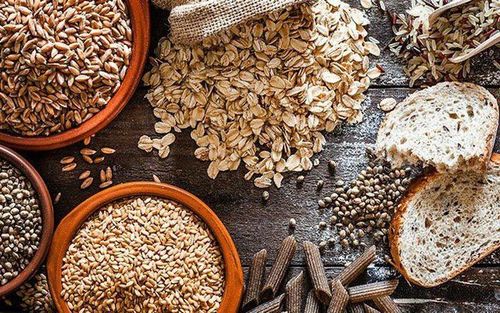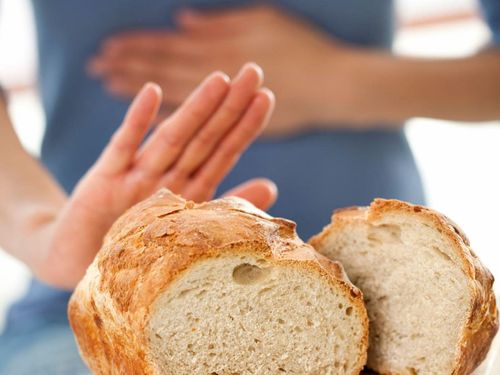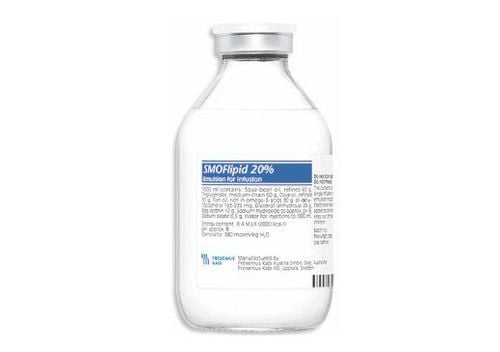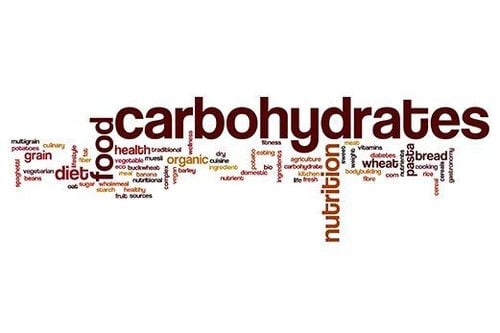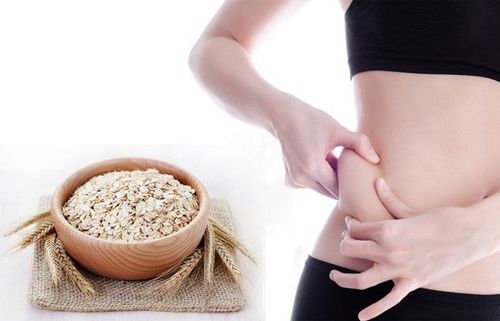This is an automatically translated article.
Grains have long been known as an effective food in supporting weight loss. This is an extremely popular breakfast food because it is easy to prepare and convenient for people who live a busy lifestyle.
1. The Healthiest Grains
Cereal for breakfast is considered the best choice for busy people. In fact, a 100g packet of nutritious cereal contains 380 calories. Here is a list of some healthy grains.
1.1 Oats Oats are a nutritious whole grain. They are usually rolled or crushed and then consumed as oatmeal, or porridge.
Because oats are whole grains, they are rich in fiber and important nutrients. A 1/2 cup (117 grams) of oats provides 4 grams of fiber and 68% of your daily needs for manganese, 18% for phosphorus and selenium, and 16% for zinc. Oats also provide significant amounts of B vitamins, iron and magnesium.
You can buy split oats at the store, but it's best to avoid these products because store-bought oats are often loaded with sugar and other unhealthy ingredients.
Oatmeal can be used for processing in many different ways. It is usually boiled with water or milk and then topped with fresh fruit, cinnamon or nuts. You can also soak oats in milk or yogurt for a few hours to use in the morning for breakfast.
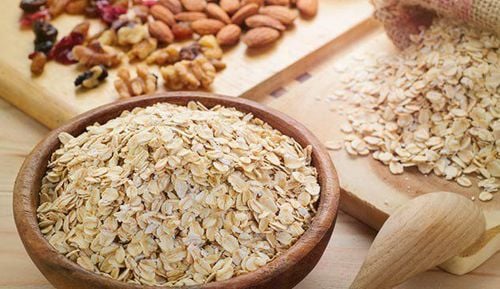
Yến mạch chứa nhiều dinh dưỡng cũng như chất xơ cho cơ thể
1.2 Homemade Muesli Muesli is a healthy cereal and quite delicious. It is usually made from a combination of oats, nuts, and dried fruit. Although similar to granola, muesli differs in that it is consumed raw, or not baked. Also, it usually doesn't contain any oils or sweeteners.
The combination of whole grains and nuts makes muesli a great source of protein, providing about 8 grams per cup (85 grams). Muesli is also high in fiber, vitamins and minerals.
You can lower the carb content of muesli significantly by making a grain-free muesli, which can be made with coconut, nuts, and raisins.
1.3. Homemade granola Homemade granola can also be a good breakfast cereal. It is usually made by toasting a combination of oats, nuts, and dried fruit until it becomes crisp.
Most granolas contain a good amount of protein and healthy fats. In addition, it provides several vitamins and minerals, including phosphorus, magnesium, manganese, and B vitamins. Despite their high nutrient content, store-bought granola products often have added sugar, which is why it's best to do it yourself.
The calories in granola are very high. One cup of granola (122 grams) provides nearly 600 calories. Therefore, with this cereal, you should use it in moderation to keep your intake under control.
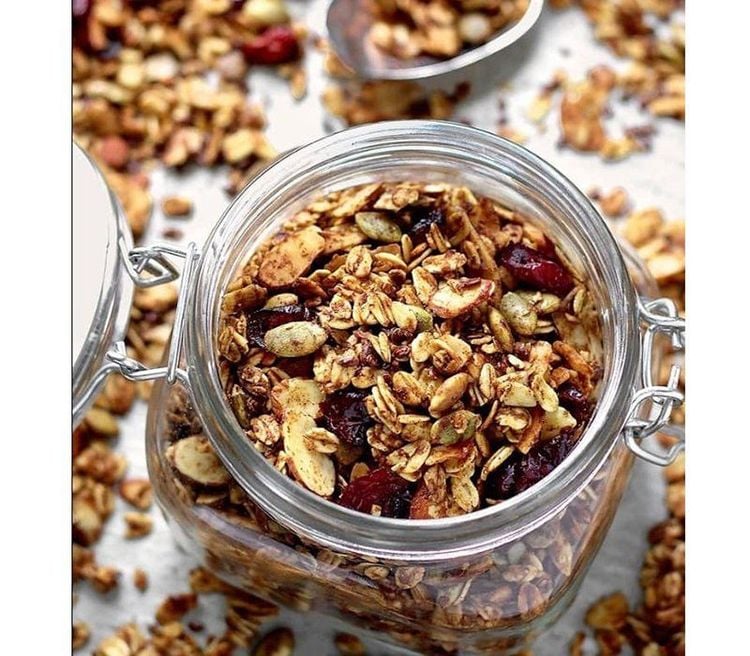
Granola cũng là bữa sáng lý tưởng giàu năng lượng
1.4 Homemade Cinnamon Cereal There are several delicious "cinnamon" cereals on the market.
But many cinnamon cereal products on the market are high in sugar, so you can avoid these products by creating your own healthy cereal with flaxseeds, hemp seeds, cinnamon, apple juice and coconut oil.
One serving of this cinnamon cereal provides about 5 grams of protein and is much lower in carbs than many store-bought cereals.
For example, one serving of Cinnamon Toast Crunch cereal contains 25 grams of carbs, while one serving of the homemade recipe contains only 3 grams.
1.5 Whole grains Whole grains are low in sugar and high in nutrients.
It's made with 7 different whole grains, including oats, wheat, rye, barley, buckwheat and triticale, which contribute to the high fiber content, providing 7 grams per 1 /2 cup (170 grams)..
A 1/2 cup (170 grams) serving also provides 7 grams of protein, in addition to trace amounts of magnesium, zinc, potassium and B vitamins.
1.6 Grape seeds Grape seeds are one of the healthiest cereals. They don't contain any added sugar and are made with just four simple ingredients: whole wheat flour, malted barley flour, salt, and dry yeast. In addition, grape seeds provide 7 grams of fiber per 170 grams and a variety of nutrients, including iron, B vitamins, zinc, magnesium and copper.
You can also make your own grapeseed cereal, using almonds and coconut flour instead of flour.
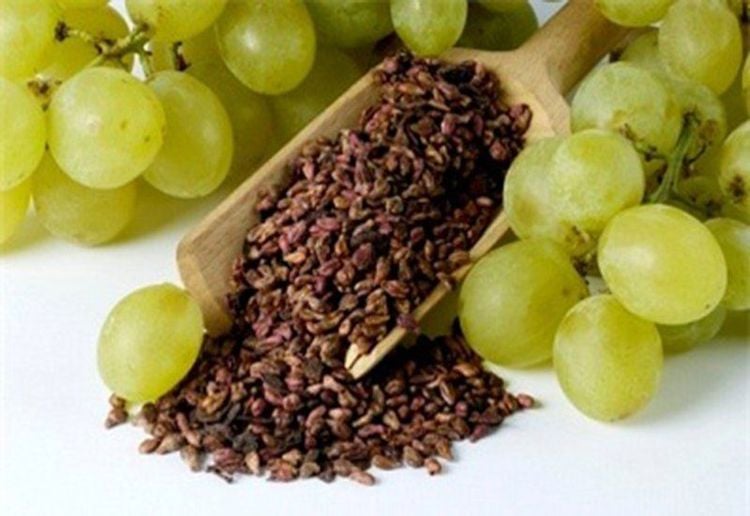
Hạt nho là một trong những loại ngũ cốc tốt nhất cho sức khỏe
1.7 Bob's Red Mill Paleo-Style Muesli Bob's Red Mill Paleo-Style Muesli is not only healthy but also gluten-free.
In fact, unlike traditional muesli, it is completely nut-free and is substituted with coconut, dried fruit, and nuts.
A 1/4-cup (24-gram) serving provides 16% of your daily fiber needs and 3 grams of protein. It also contains a few important minerals, including iron and calcium.
1.8 Sprouted Grains Sprouted whole grains make them easier to digest and higher in nutrients than ungerminated grains.
These sprouted grains are high in fiber and protein and do not contain any added sugars. A 1/2-cup (57-gram) serving contains 23% of your daily fiber needs and 8 grams of protein.
Furthermore, sprouted grains provide a moderate amount of potassium, which is important for heart health.
1.9 Natural Grains Natural Grains are full of healthy ingredients. These include chia seeds, buckwheat and hemp seeds, all of which are packed with protein and fiber.
Additionally, chia seeds are rich in omega-3 fatty acids, which may help reduce inflammation and promote brain health .
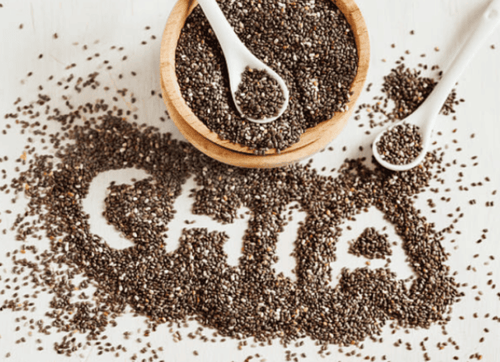
Hạt chia giàu dinh dưỡng giúp giảm viêm hiệu quả
1.10 Barbara's Crumbs Barbara's Wheat Flour stands out from other cereals in that it has only one ingredient: 100% whole wheat.
Wheat is chopped in the form of cookies that you can crush and combine with milk. It also contains no added sugar, which is a rarity among cereal brands.
Barbara's Whole Wheat Flour provides 20% of your daily fiber needs and 5% potassium in just two cookies.
1.11 Organic Oat Cereal This is a very good cereal. They are made with only a few simple and organic ingredients and do not contain any refined sugars. This cereal also provides 4 grams of protein per serving in addition to some fiber, vitamin C, phosphorus, B vitamins, and iron.
1.12 Cauliflower "Oatmeal" Cauliflower "oatmeal" is made by combining mashed cauliflower with eggs, then adding the oat mixture. This is a great way to cut carbs while still enjoying the delicious taste of regular oatmeal.
One cup (81 grams) of regular oatmeal contains more than 11 times the amount of carbs found in one cup of cauliflower.
In addition, cauliflower is rich in important nutrients as well as fiber and antioxidants. .

Súp lơ chứa nhiều chất xơ và chất chống oxy hóa
1.13 Homemade peanut butter cereal You can buy peanut butter cereal at convenience stores. However, it is best to make your own cereal to limit the amount of added sugar during processing. Additionally, using almond flour instead of wheat flour is an effective way to reduce the carb content of cereals.
1.14 Love Grown Original Power O's Love Grown Original Power O's is a simple yet nutritious cereal. They contain only a few ingredients, including brown rice and garbanzo beans, with no added sugar. In addition, this cereal also provides a certain amount of fiber with 4 grams per cup (35 grams). Besides, this product also provides protein, some vitamin C, iron and calcium.
1.15 Homemade flaxseed cereal You can also make your own healthy cereal from flaxseeds and chia seeds. Flax and chia seeds contain omega-3 fatty acids, as well as protein. In addition, breakfast with homemade flaxseed cereal provides a significant amount of nutrients, including magnesium, phosphorus, and manganese.
2. Note when choosing cereal for breakfast
Pay attention to portion sizes: A serving of whole grains can vary from 1/2 cup to more than one cup. Most people eat more than that. You should choose a serving that contains 200 calories. Choose whole grains: Whole grains provide a large amount of vitamins and minerals, which help your body function properly. They also reduce the risk of heart disease, and because they take longer to digest, they make you feel fuller, longer.
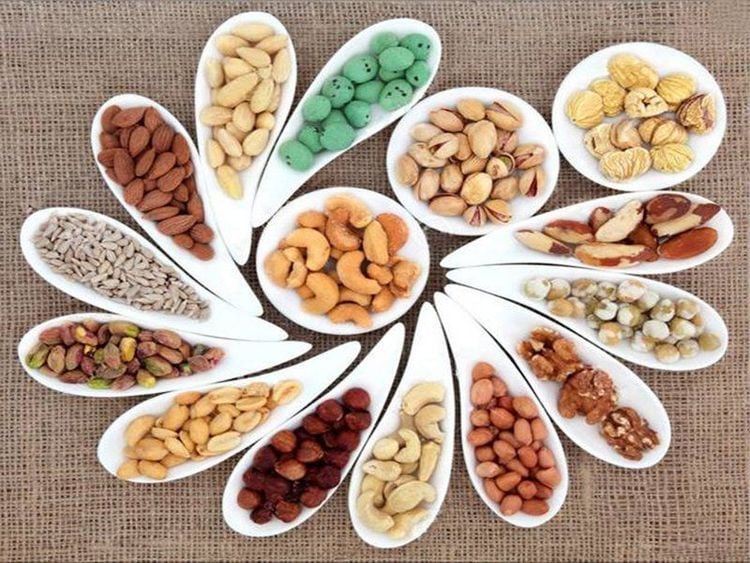
Ngũ cốc nguyên hạt chứa một lượng lớn vitamin và khoáng chất
Choose high-fiber whole grains: A high-fiber diet may reduce your odds of heart disease and type 2 diabetes. However, most people only get about 16 grams of fiber per day. This amount is much less than the recommended amount (25 grams for women and 38 grams for men). The fiber content of cereals varies widely, but you should choose cereals that provide at least 5 grams of fiber per serving. Control the sodium content of cereals: Even super-sweet cereals can be high in sodium. Some people consume more than 500 milligrams per serving. Too much salt in your diet increases your blood pressure, increases your risk of stroke, and increases your risk of heart disease. Choose a cereal that contains no more than 220 mg of sodium per serving. Cereals are low in sugar and fat: you should choose cereals that contain 10 grams of sugar or less per serving. Starting your breakfast with too much sugar will cause your glucose to rise too quickly. Keeping blood sugar steady throughout the day helps regulate your hunger and mood, and prevents complications from diabetes. Cereals are generally not high in saturated fat, but you should still choose cereals that contain no more than 3 grams of fat.
High in protein: choose a protein-rich cereal. Warming cereal: Hot cereal is a great breakfast choice. In one study, people who ate oatmeal for breakfast felt full longer than those who ate dry cereal.
3. Benefits of cereals
Supports weight loss: Many people have made weight loss with a grain-based diet because of the calorie content in this food. A study done on 24 adults on a grain-based diet found that the participants lost about 600 calories per day and lost weight. However, this weight loss may not be sustainable.
Ngũ cốc hỗ trợ giảm cân hiệu quả
Improve health, reduce risk of death from several causes: If you choose whole grains, this is considered a great way to increase fiber consumption. Consuming more whole grains improves your health and reduces your risk of all-cause mortality. In fact, in a study with more than 1 million participants, every 28 grams of whole grains consumed per day was associated with a 9% reduction in risk of all-cause mortality and a 14% reduction in mortality risk. died from a heart attack. The fiber in whole grains promotes digestion and can help you manage your weight.
4. Foods to avoid when eating cereals
The following foods should be avoided when having a breakfast cereal, as they are high in fats, refined sugars and calories:
Sugary foods: cakes, cookies, cakes, candies, cookies, pancakes, waffles Fruit: fruit juice, fruit desserts like banana or cherry pie Vegetables: french fries Protein: fatty meats, egg yolks, battered or fried meats like fried chicken, pork sausage and bacon Full fat milk: full fat milk, full fat yogurt, cream, whipped cream, sour cream, full fat cheese Fat: butter, oil in bulk, full mayonnaise Getting enough fat A diet rich in whole grains and fiber has the potential to aid short-term weight loss if taken correctly.
However, it can be high in sugar and low in calories, protein, and healthy fats. If you're looking to lose weight long-term, more balanced diet plans may be a better and more sustainable choice.
Customers can directly go to Vinmec Health system nationwide to visit or contact the hotline here for support.
Articles refer to sources: webmd.com, healthline.com




